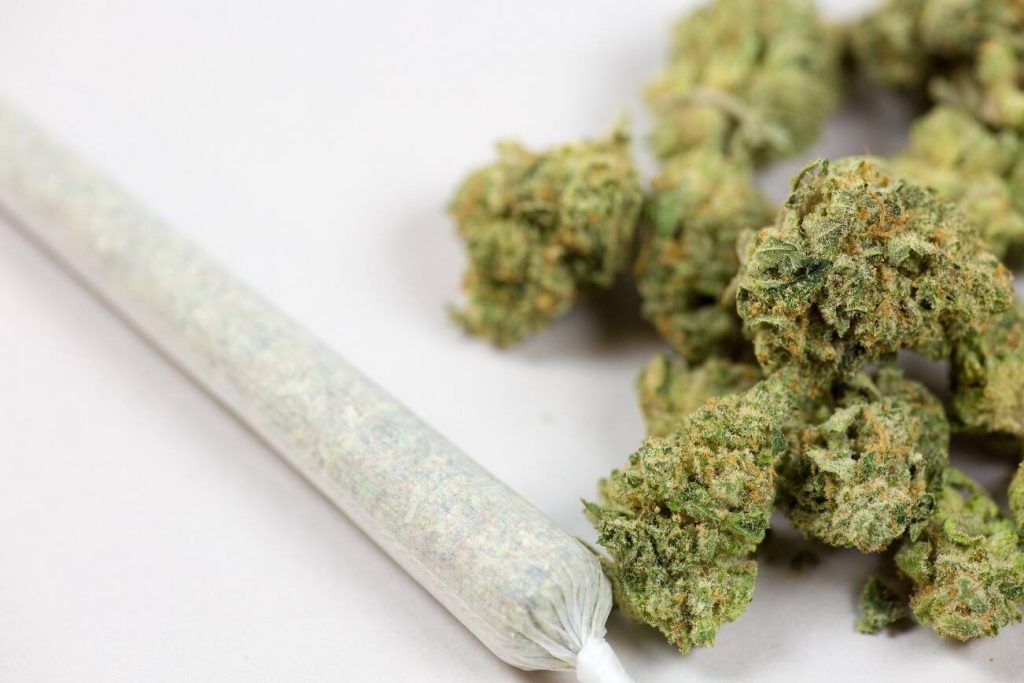THCA tetrahydrocannabinolic acid flowers are emerging as a compelling option for those seeking natural healing, offering a balanced experience that bridges the gap between medicinal benefits and a mild, non-intoxicating effect. Unlike THC tetrahydrocannabinol, the more widely known psychoactive component of cannabis, THCA is found in its raw, unheated form and does not produce the euphoric high commonly associated with cannabis use. This distinction makes THCA flowers particularly appealing for individuals seeking therapeutic relief without the psychoactive side effects. THCA flowers are rich in a variety of cannabinoids and terpenes, each contributing to their overall therapeutic potential. Cannabinoids like THCA, CBD cannabidiol, and CBG cannabigerol work synergistically to address a range of health concerns. THCA, for instance, has been researched for its anti-inflammatory and neuroprotective properties. Studies suggest that it might play a role in reducing inflammation and oxidative stress, which are linked to chronic conditions such as arthritis, neurodegenerative diseases, and cancer. The presence of other cannabinoids like CBD in THCA flowers can further enhance these effects by providing additional therapeutic benefits, such as pain relief and anxiety reduction.

The terpene profile of thca flower strains also plays a crucial role in their healing properties. Terpenes are aromatic compounds found in cannabis and other plants that contribute to their flavor and smell, but they also have therapeutic effects of their own. For example, the terpene limonene, which imparts a citrusy aroma, is known for its potential mood-enhancing and anti-anxiety effects. Similarly, myrcene, another common terpene in cannabis, may have sedative and muscle-relaxant properties. The combination of these terpenes with THCA can create a well-rounded therapeutic experience that targets multiple aspects of physical and mental health. One of the significant advantages of THCA flowers is their versatility in application. They can be consumed raw in various forms, such as in salads or juices, allowing users to benefit from THCA without the need for decarboxylation, the process that converts THCA into THC. This means individuals can experience the potential benefits of THCA in its purest form, avoiding the psychoactive effects of THC. This can be especially beneficial for patients who need to maintain a clear mind while managing their symptoms.
Furthermore, THCA flowers offer a holistic approach to health that aligns with natural healing practices. Many users appreciate the opportunity to integrate THCA into their wellness routines in a way that feels more connected to nature. The growing availability of THCA flowers reflects a broader trend towards natural remedies and plant-based treatments, providing an alternative for those who prefer to avoid synthetic pharmaceuticals. In summary, THCA flowers present a balanced and holistic option for individuals seeking natural healing. By leveraging the therapeutic potential of cannabinoids and terpenes without the psychoactive effects of THC, they offer a unique approach to managing health conditions. The combination of THCA’s potential anti-inflammatory and neuroprotective properties with the diverse benefits of other cannabinoids and terpenes creates a comprehensive therapeutic experience. For those interested in natural health solutions, THCA flowers represent a promising avenue for achieving wellness while maintaining clarity and focus.